“Anxiety” can refer to many experiences. Nervousness before taking an exam or going to a job interview. Worrying about whether you made a good impression on your date. A general feeling of dread and ‘what-ifs’ not attached to any specific event. A sudden surge of fear, with a trigger or without, that can’t be reasoned out of. With so much falling under the heading of ‘anxiety,’ it’s no wonder that generalized statements such as ‘everyone gets anxious, don’t worry!’ or ‘anxiety should always be medicated!’ can produce misunderstandings, frustration, and the sense that you’re not being listened to.
Anxiety is a spectrum. People may deal with multiple kinds of anxiety, sometimes simultaneously, such as when an acute, anxiety-producing situation provokes a more generalized and long-lasting anxiety or a panic attack, or the reverse, when someone dealing with a chronic anxiety condition runs into an acute situation that produces a new, specific anxiety. Because anxiety covers so much, and because anxious feelings will always exist as a part of life, we can’t simply say ‘do you have anxiety, yes or no’ and leave it at that. We look at duration, intensity, and how it affects the individual who is dealing with it. It’s especially important to look at disruption and distress – is the anxiety interfering with your ability to live your life? Is it hard to control? Is it becoming such a big part of your thought processes that you find yourself having to make sacrifices or construct increasingly detailed plans to keep it contained?
Sometimes it's hard to draw a border between reasonable concern and anxiety. Anxiety can often feel reasonable – or it can convince you that the risk of saying it’s unreasonable and being wrong is too great. This can make talking about anxiety difficult, because it’s not necessarily recognizable as anxiety. You may feel that you are an impostor, and if people knew what you were really like then they would abandon you. If this is a solid part of your self-concept and feels like a fact, you may not consider that a form of anxiety. You may not even consider it worth talking about. But anxiety can commonly create what are known as ‘cognitive distortions’ – thought processes that actively change the way we interpret information. Someone dealing with anxiety that causes them to think they would be rejected by anyone who really knew them might be unable to accept praise, or see praise not as a sign that they have done something well but as a sign that they have somehow tricked the person praising them. Someone dealing with anxiety that causes them to constantly assume the worst will come to pass may be unable to relax after a situation has resolved positively, certain that something bad must be about to happen. Cognitive distortions take worries and impose them on reality.
Anxiety, in small doses, can be a neutral or even positive thing. It can function like an alarm system, alerting us to situations where we might need to be extra cautious or helping us be ready just in case the worst does come to pass. But an alarm that’s constantly going off or that goes off when there’s no threat is not helpful. An alarm that goes off when you’re trying to handle whatever set it off in the first place can also be unhelpful. Even when your anxiety has a clear and sensical cause, it can still be disruptive and distressing. This is why it can be useful to take a step back and look at the ways anxiety, just the feeling and not the cause, has impacted your life. If it keeps you from doing things that you want to or makes you do things you don’t want to, if it impacts your ability to solve problems or be in relationships with other people, if it’s taking up more of your time and energy than you want it to, then it is not functioning optimally.
There are multiple kinds of recognized anxiety disorders. It is possible to have more than one, and it is also possible to experience them at subclinical levels - that is, you may not meet the diagnostic criteria for an anxiety disorder, but you are still experiencing anxiety in a way that negatively impacts you. Anxiety can be medicated, but while this can be useful for dealing with acute episodes or reducing the frequency or intensity of anxiety issues, medication does not fix the underlying condition. Psychotherapy, in combination with medication or on its own, can be a powerful resource for managing anxiety. Because anxiety has so much to do with thought patterns, part of effective anxiety management is looking at the ways anxiety changes your thoughts and how you can use your thoughts to curb anxiety. This is not advice to just stop being anxious – if it were that easy, then no one would struggle with anxiety! But there are specific, researched methods for helping to change cognitive distortions, creating the ability to stay calm in a crisis, and learning to redirect thoughts away from repetitive ‘what-ifs’ and intrusive fears. There are methods for reducing anxiety around specific situations, and for working through bad experiences and trauma that could have originated the anxiety. It is possible to change anxiety back to a tool for threat detection rather than a threat in itself.
-Robyn Mathews CPC Student Therapist
To book an appointment with Robyn or any of our therapists at Red Rock counseling, click here.

